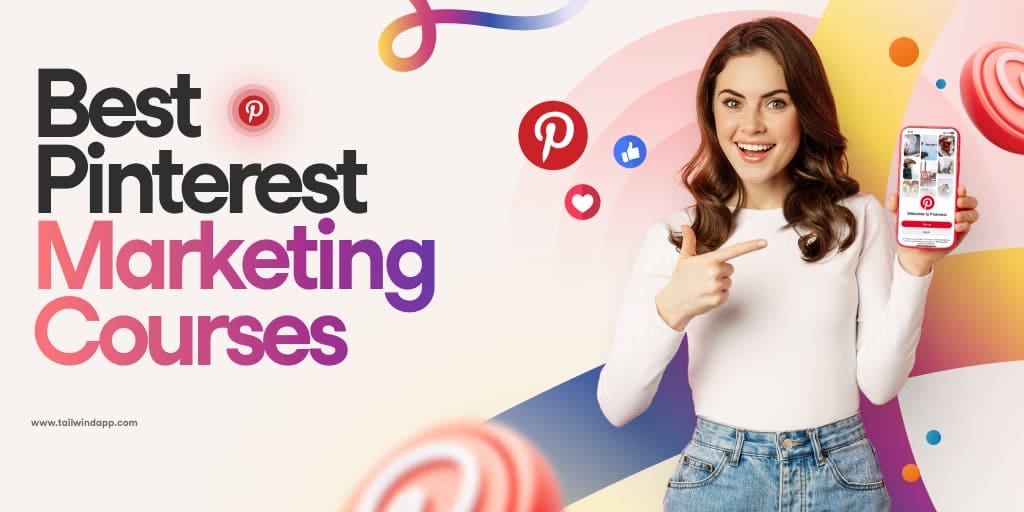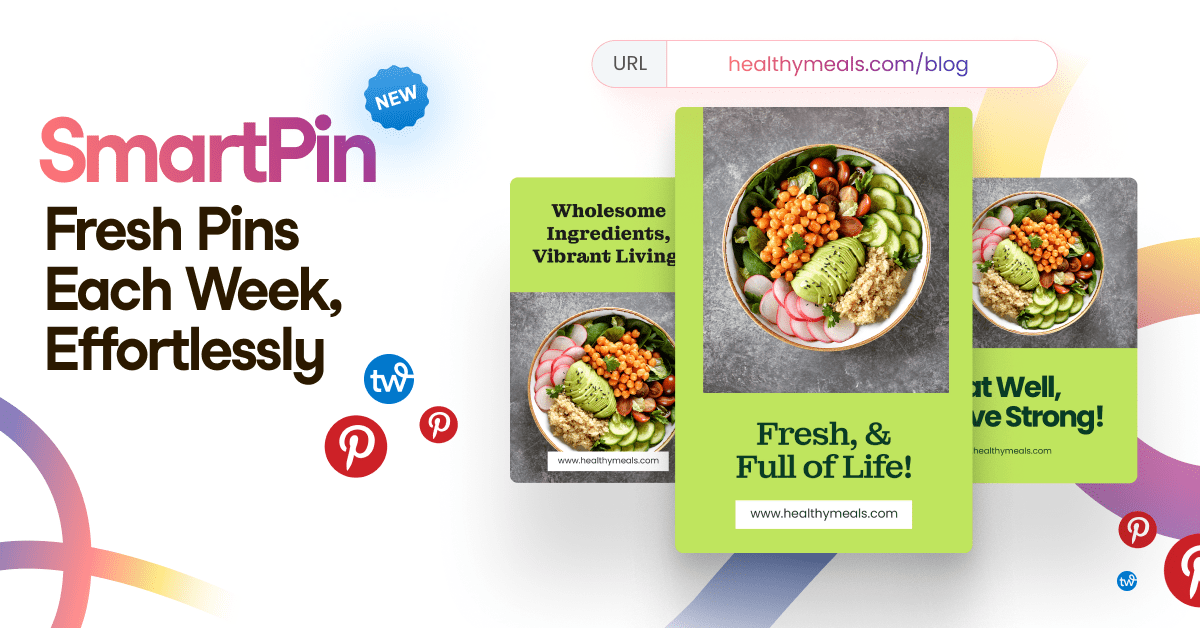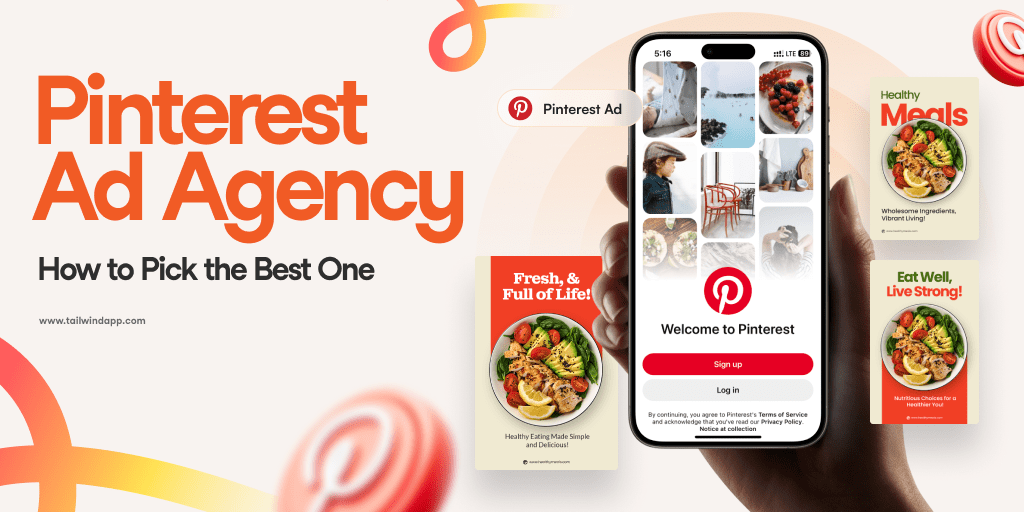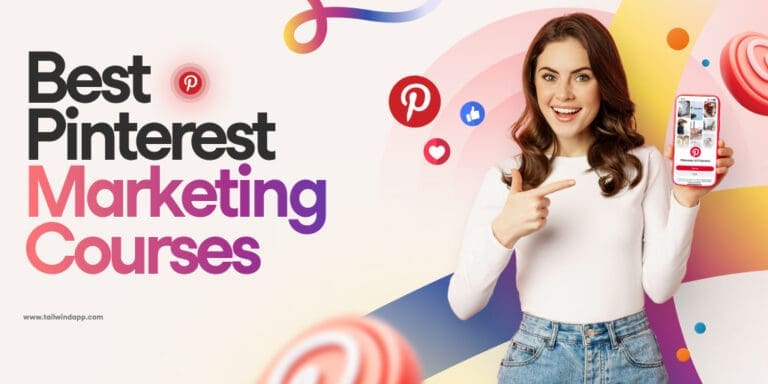
Let’s face it. You can no longer be truly competitive in business if you are not found online in some way, shape, or form. According to Lyfe Marketing, a good 77.6% of small biz owners today are marketing their brands using social media.
Plus, with the accessibility of so many helpful and easy-to-use tools right at your fingertips, there’s really no reason not to be going digital with your marketing strategies.
Yes, there’s an argument to be made that digital marketing can seem impersonal. But as with anything, it’s all about what you make of it. Plenty of brands are connecting with their customers on a human level and using social media and digital marketing tools with massive success, without sacrificing authenticity or that personal touch.
However, we get it. If you’re new to digital marketing, you might be feeling somewhat overwhelmed, and may be wondering where to start. The good news is that you don’t need much! You just need to have a willingness to do the work involved––or hire someone savvy to help you––and be consistent. When you do, only good things will follow!
You Need a Mobile-Friendly Website
Honestly, if you don’t yet have a website, your business is probably suffering and you may not even know it.
The first place people go to look nowadays when searching for a product or service is not the phone book, but Google.
You can’t come up in Google search results without a website.
Sure, you can create profiles on third-party sites and hope you’ll be found that way, but the reality is that though people might find you, if they don’t also find your own website, they may not bother reaching out to do business with you. It’s a trust thing.
In many ways a website ‘legitimizes’ your company. It’s sort of like your face when you first meet someone.
It’s an opportunity to give a great first impression to people who are looking for something only you can provide. It also serves as a home base for all of your inbound marketing campaigns you will eventually begin to engage in.
It’s the place where people will land and click to learn more about your business, put a face to the brand, contact you with questions, and find out important information about your products or services.
It’s also key to have a website that’s attractive, easy to navigate, and mobile-friendly, because the majority of people who will be looking for a brand like yours, will probably be looking on a mobile device. Websites that aren’t optimized for mobile are often ugly and clunky and end up turning away visitors instead of drawing them in. That’s obviously counter-productive, so… don’t do that!
There are multiple website builder options that are relatively easy to master that allow you to create a simple, professional looking site with comparatively little time and effort required, that are both attractive and mobile-friendly. If you’re truly struggling, ask your favorite techie friend to help you out. It’s a sure bet they probably know them all!
You Need to Be On Social Media — Somewhere!
Don’t feel like you need to be ‘everywhere’ when first starting out. With that said, you should in fact be somewhere. There are many social media sites, but not all are created equal. Spend your time wisely and choose the platforms that will be most beneficial to your business.
It’s a great idea to choose two or three platforms to start with, and then from there, you can spread out as you get more comfortable marketing yourself online.
If you want to create place holders on other platforms, create well-rounded profiles on them that all point back to your website, but don’t worry about being active on them. Focus your activity on your top three until you’ve established yourself and gained some traction.
Facebook, Instagram, LinkedIn, Twitter, and Pinterest are some of the most well-known platforms to start with, but there are others as well that may work better for your business.
Research before you dive in and then select the ones that offer the most promise in helping you grow your brand.
You Need an Email Newsletter
This one is sort of like the difference between renting a home and owning a home. Third-party platforms can be great for connecting with your target market, and they do serve their purpose.
However, just like owning your own website, there’s nothing better than also owning your own email list. When you can funnel your leads into your email list, you then have the opportunity to build a relationship with them that is consistent and long-term––at least for as long as they remain subscribed. Offer valuable content and don’t SPAM them and they’ll probably stick around longer than you might think.
The beauty of an email list is you then have more opportunities to market to them instead of just one shot. It’s also more personal, allowing you to connect with someone directly if you choose to reply to emails personally.
With social media platforms and other third-party sites, you’re essentially like the proverbial renter, and you do not own that real estate. That means it can be taken from you at any time.
If you go through all that effort to build a large platform and connect with a lot of people, don’t you think it’s much better to have full control of that platform? Otherwise you could lose all you’ve built without warning, with little to no say-so, and have zero ability to recover from it.
You Need a Modest Marketing Budget
This doesn’t have to be huge and scary. You can start small. You’ll need to pay for hosting for your website, and hosting for your email newsletter.
Beyond that you’ll also want to spend a little on targeted ads via your chosen social media platforms, to build awareness of your brand and content and to start funneling people back to your website. Ideally when they land on your website, you’ll prompt them to sign up for your email list so you can continue to market to them.
You Need Content
Speaking of content, it’s what makes the inter-webs world go round, so you can’t succeed online without it. It can either be carefully curated content that others create or your own content that you create. Alternatively, it can be content that you hire someone to create for you.
Keep in mind that if you choose to hire it out, you’ll want to factor that into your marketing budget. If you opt to curate content from others, that can be helpful to a degree, but eventually you’ll have to graduate into creating your own content to really reap the rewards of effective content marketing.
Types of Content
Content can be anything, really. You can share written content like blog posts and articles––much like this one––or white papers, product reviews, case studies, ebooks, and more.
Some business owners don’t like to write but opt to hire writers to help produce content. Again, any freelance fees you pay to have content written or produced for you should be factored into your marketing budget.
If you’re not a fan of the written word, you might discover that creating audio content in the form of podcasts is more your speed. The beauty of podcasts is that not only can you publish them on your site, you can also publish them on podcasting platforms like iTunes Podcast and Spotify, and leverage those platforms for your benefit.
Tied along with creating audio content is creating video content. Videos can be turned into podcasts, but they aren’t limited to just that. You can use video in a variety of ways, both in long-form and short-form clips that you can share across social platforms like YouTube, Instagram, BitChute, Tik Tok, Facebook, and more.
Photos and memes are also popular forms of content that have their place in business and marketing. It’s all about how you use them.
There’s an old saying in the internet marketing world that ‘content is king’. This saying is still true even today. There’s a lot more noise these days, but cream always rises to the top.
Always strive to produce content that is the greatest you’re capable of and put your best foot forward. Excellent content can position you strategically as an expert in your industry and as a result, people will seek you out to work with them, instead of you chasing people down and asking them to work with you.
Of course, content isn’t just limited to shop talk. It’s also a great way to reveal more about you, the person behind the brand. That might be in the form of content related to something you’re passionate about, or content you find funny or relatable. Not everything has to be all biz all the time.
That’s the true beauty of digital marketing. Your job is to offer something they want or need and share kick butt, insanely useful content.
Soon, people will begin to feel as though they know you through your content. And when people come to know you, like you, and trust you, they then naturally want to do business with you.
And there you have it. Marketing online in a nutshell. Now go be great!










